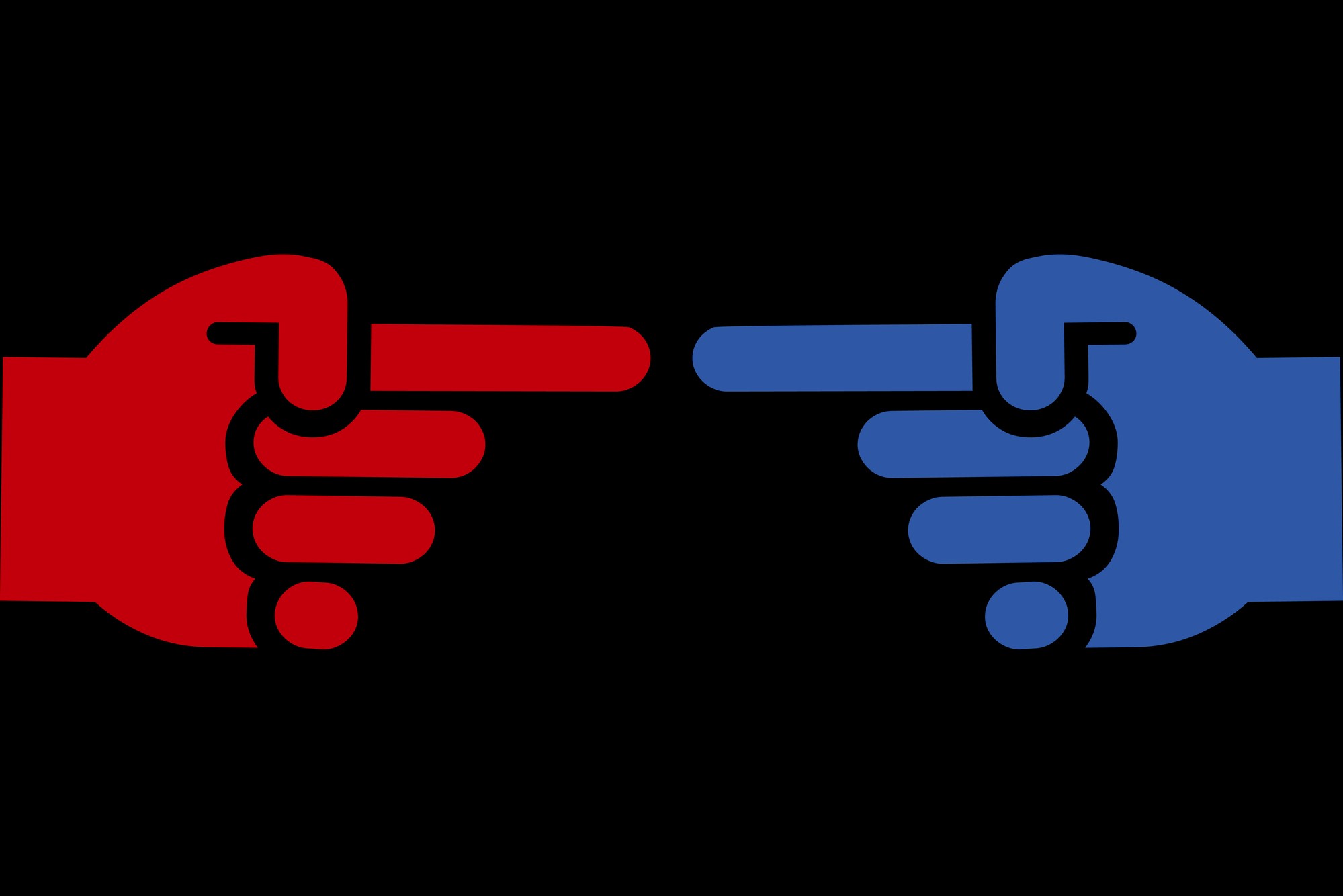The Kilogram: A Case Study in How We Think about Norms
To establish a standard of physical measurement — the meter, the newton, the kilogram — is to establish the possibility of objective answers to questions such as, “Am I allowed to carry my luggage on,” “How much will I have to work to cram my overstuffed suitcase into the overhead bin,” and “Is my luggage allowed in the cargo hold?” But what about the standards themselves? Is there, say, an objective answer to the question, “Is it good to use this definition of the kilogram?”
Questions in this spirit have bubbled up recently, because scientists are now closer to scrapping the old, metal kilogram you could hold in your hand in favor of a more stable and precise kilogram defined abstractly in terms of the laws of nature. The problem with the current standard kilogram — the International Prototype of the Kilogram, or the IPK — is that it’s a material artifact, vulnerable to the vagaries of Earthly existence. Despite its reposing in an environmentally controlled vault and its handlers taking all reasonable precautions, the IPK’s mass fluctuates over time, frustrating collaborative research and complicating international exchange of materials whose mass must be precisely accounted for.
The quest to sharpen the definition has been hampered by uncertainty about the exact value of the Planck constant, a tiny quantity in multiples of which all energy is constrained to circulate. Crucially, the Planck constant has an unchanging value whose units are experimentally and mathematically convertible into kilograms. Researchers at the U.S. government’s National Institute of Standards and Technology have finally narrowed down its value, and might do so even more in the coming months.
Thinking about the role played by a standard of physical measurement is a good way of thinking about the role played by a standard of ethical measurement, or a norm. As with defining a unit of physical measurement, defining a norm lets objective answers to a certain range of questions become possible. (This doesn’t guarantee all the answers will become actual, however.) For example, we can ask, referring to a settled definition of fairness, “Was it fair to let Oscar Pistorius compete in the 2012 Olympics?” But much ethical disagreement concerns the definitions of the norms themselves. So, as with the standards of physical measurement, we might wonder whether an objective answer to the question, “Is it good to use this definition of fairness,” is possible. And if it is possible, we would wonder how: what constrains our instituting a particular norm?
These are big, complicated questions calling for big, complicated answers. But the strange case of the shifting kilogram offers a way to approach them.
Consider: When the IPK accumulates a dusting of impurities, and thus some micrograms of mass, what becomes of our kilogram?
The slightly more massive chunk of metal would remain the kilogram, no? By decree, after all, it is the mass of this metal chunk that sets the standard. Those with the most stake in a stable definition—scientists and international traders—have certainly abided the small weight changes, making on-the-fly computational adjustments when circumstances dictate. So maybe the rest of us shouldn’t think it too odd were a kilogram to become slightly bigger.
But would we be so sanguine if the metal chunk suddenly became twice as massive? A view in favor of tolerating the drastic change might cite the arbitrariness marking our standards: we don’t discover the units for measuring the masses of things the way we discover the masses of things. Once a standard is defined, of course, there’s an objective answer to the question of whether, say, your luggage is allowed in the cargo hold. But, the thought goes, the definition itself isn’t answerable to reality in the same way; there’s little sense to the question of whether it’s correct or good to use the newly bigger IPK, or any other standard, to define a unit of mass. In principle, we could use the Eiffel Tower. (A baseball would then weigh roughly 0.00000002 Eiffel Towers.)
A different view on the matter preserves the first view’s insight, but modulates it. Sure, a question of measurement—a question presupposing a standard—can be decided by reality in a way that a question about the correctness of the standard itself can’t. But that doesn’t mean our standards are arbitrary. Pragmatic considerations certainly constrain our definitions, and reasonably so. For example, given the size of objects we tend to encounter every day, estimating weight by reference to the Eiffel Tower could be a computational headache, whereas doing so by reference to a doubly massive IPK might not. Whatever standard we choose, reasoning through what we would like to do or not to do, or how we would like to live or not to live, will have revealed the means, motivation, and justification for choosing it.
Yet another view acknowledges the truth in the second, but draws attention to an additional kind of resistance changes in standards face, one subtle, stubborn, and difficult to describe. If our metal chunk doubled in mass, and we kept it as our standard, then whatever used to be represented as weighing two kilograms, say, would now be represented as weighing one. Let the strange and thoroughgoing effects of this sink in for a moment. Now, it would still be unwise to double the maximum number of occupants allowed on an elevator. Things wouldn’t suddenly become less massive. Nor would the objectivity of measurement be impugned. What would change, rather, is a whole way of seeing.
To change a way of seeing is no small thing, though, as becomes evident if we who see things in terms of miles and gallons try to drive around a country administered in terms of kilometers and liters. Until we get the hang of conversions, an entire aspect of our experience is askew in a liminal way. We’re not quite at home in the world. And even when we learn to convert miles to kilometers, we haven’t thereby learned to see in terms of kilometers; rather, we’ve learned to think in kilometers about the mile-ed world we do see.
This isn’t to say we can’t come to see a kilometer-ed world, or a doubly-massive-kilogram-ed one. We can, eventually. The point is that we can’t think or reason our way into being at home in a doubly-massive-kilogram-ed world as easily as we might come to agree on the justifiability of using the doubly massive kilogram as a standard of measurement. A way of seeing is, as its name suggests, almost perceptual. And like other modes of perception, it’s not immediately amenable to thought, though it’s also not altogether unmoved by it.
Transposing the foregoing into an ethical key, the three views about measurement standards reappear, with a new resonance, as views about norms.
The first view sees a radical latitude in our adoption of norms. Of course, with the relevant norm established, we may determine whether, say, a state of affairs is just. But we might wonder what justice is and how we may decide whether we’re right about what we think it is. And so we might ask, “to what, exactly, can we compare our concept of justice in order to tell if we’ve defined it correctly?” And we might enjoy the freedom in concluding that there’s no thing to which the norm itself is answerable in the way a state of affairs is answerable to the norm.
The second view tempers what it considers the excesses of the first. We can indeed use a norm to measure ethical reality in a way that we can’t use reality to measure the norm itself. But this doesn’t mean we have no way of measuring our norms, and it doesn’t mean we can define a norm any way we wish. We measure our norms against what we discover in reflecting together about what we want our lives to look like. Some definitions will turn out to be incongruous with our ideas of the good life, in roughly the same way using the Eiffel Tower as our unit of mass might thwart our need for wieldy calculations.
What the third view contributes is an invitation to notice that living with a particular definition of a norm also involves seeing the world in a particular, systematic way, so discussions about how we should define norms are discussions about how we should see the world. We can’t define a norm any way we wish, but we can’t see things any way we wish, either. Just as the establishment of a doubly massive kilogram won’t immediately make us see formerly one-kilogram objects as half-kilogram ones, the establishment of a new norm won’t immediately make us see things in its light. This third view, then, recommends patience to ethical disputants, that they might be less quick to accuse each other of not listening to reason.





